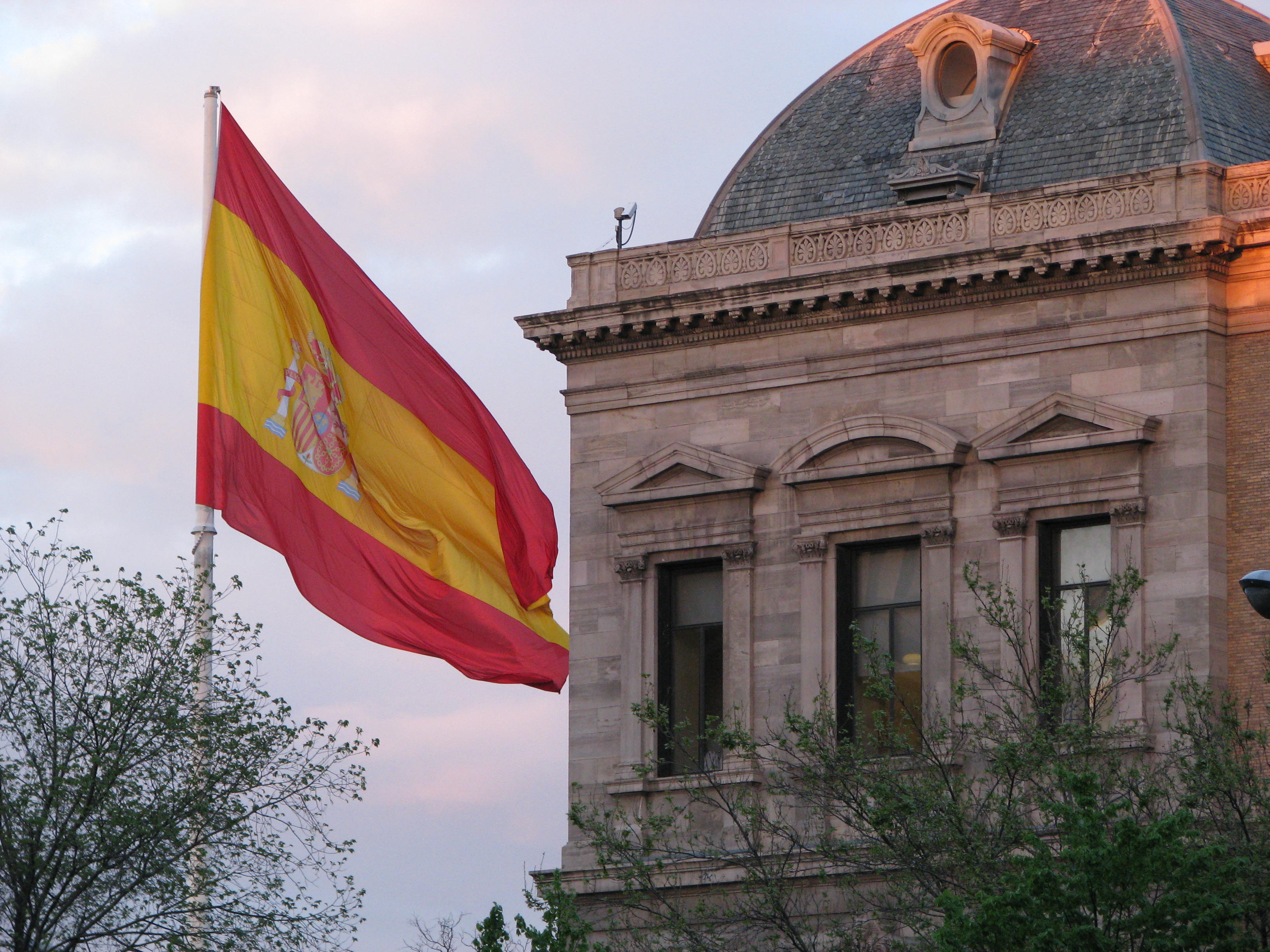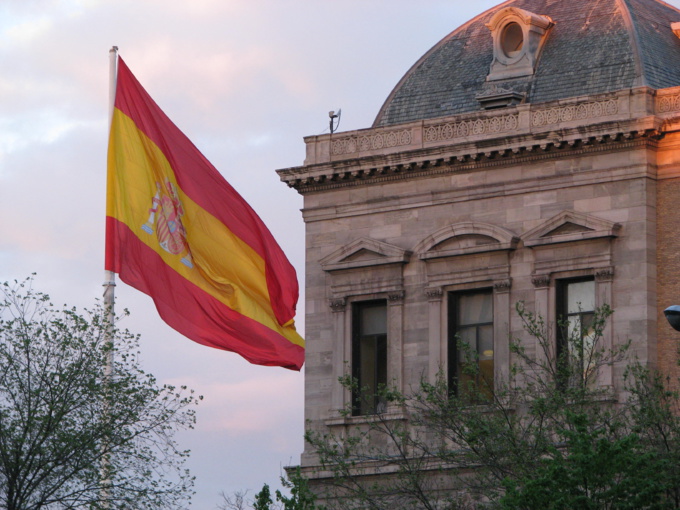Since December last year, the country has been running virtually without a government, yet the economy is still showing a steady growth. Despite the uncertainty, the Spaniards in 2016 spend more than in 2015, mainly due to growth of jobs, wages, and lower oil prices. Negative interest rates lowered monthly mortgage costs.
"However, this is an auto piloted growth", - Daniele Antonucci, a Managing Director of Morgan Stanley, told WSJ. He also warned that Spain would have to tighten its belt in the following year due to need to cut budget spending in order to achieve targets of the budget deficit. Antonucci is sure that political situation is the main factor to determine amount of budget cuts.
Above politics, the country’s economy would also be affected by growing oil prices, and decline in exports to the United Kingdom given the weakening pound, says Ignacio de la Torre, a Chief Economist at Arcano. "We’ve had a tailwind in 2016, which we won’t have in 2017" - he warned.
The political crisis has already started to affect the economy, writes the Financial Times. Empowered and authorized government could help it grow even faster. Miguel Cardoso, a Chief Economist for Spain at BBVA Research, the economy would grow by 3.5% in 2016 with a stable government. Some companies are cutting purchase and canceling planned investments, he explains. In 2017, decline in investment the economy hard. According to BBVA forecasts, GDP growth will be only 2.3%.
In July, the Spanish manufacturers have already recorded the first decline in customers’ demand in nearly three years, showed a survey of purchasing managers at IHS Markit. "Falling orders will reduce production and increase in staff," - says Andrew Harker, an economist at IHS Markit. Growth is slowing partly because companies are reluctant to invest in an uncertain environment, he said.
At least, Spanish tourism industry is booming. The terrorist attacks in France and Turkey turned tourist traffic to the country. Number of employees in hotels and restaurants has grown accordingly. IHS Markit reported that a record 6 million foreign tourists stayed in Spanish hotels in July. During January – July, there were 28.3 million people, which is 11% more than the same period in 2015.
August 22, 2016 marks exactly 300 days of the country’s life without a government. Two months before the general parliamentary elections (20 December 2015), the government had lost the right to legislate. Prior to formation of a new cabinet, the old one remained only as a performer of its own developments, created in four preceding years.
The situation resulted from an election stalemate. The factions failed to reach an agreement on who should be the new Prime Minister. Time passed, the Parliament was dissolved on 2 May 2016, and new elections were held on June 26.
Today, history repeats itself. The political scales are balanced once again, and the Spaniards may well vote at the third general elections for the year.
source: wsj.com, ft.com
"However, this is an auto piloted growth", - Daniele Antonucci, a Managing Director of Morgan Stanley, told WSJ. He also warned that Spain would have to tighten its belt in the following year due to need to cut budget spending in order to achieve targets of the budget deficit. Antonucci is sure that political situation is the main factor to determine amount of budget cuts.
Above politics, the country’s economy would also be affected by growing oil prices, and decline in exports to the United Kingdom given the weakening pound, says Ignacio de la Torre, a Chief Economist at Arcano. "We’ve had a tailwind in 2016, which we won’t have in 2017" - he warned.
The political crisis has already started to affect the economy, writes the Financial Times. Empowered and authorized government could help it grow even faster. Miguel Cardoso, a Chief Economist for Spain at BBVA Research, the economy would grow by 3.5% in 2016 with a stable government. Some companies are cutting purchase and canceling planned investments, he explains. In 2017, decline in investment the economy hard. According to BBVA forecasts, GDP growth will be only 2.3%.
In July, the Spanish manufacturers have already recorded the first decline in customers’ demand in nearly three years, showed a survey of purchasing managers at IHS Markit. "Falling orders will reduce production and increase in staff," - says Andrew Harker, an economist at IHS Markit. Growth is slowing partly because companies are reluctant to invest in an uncertain environment, he said.
At least, Spanish tourism industry is booming. The terrorist attacks in France and Turkey turned tourist traffic to the country. Number of employees in hotels and restaurants has grown accordingly. IHS Markit reported that a record 6 million foreign tourists stayed in Spanish hotels in July. During January – July, there were 28.3 million people, which is 11% more than the same period in 2015.
August 22, 2016 marks exactly 300 days of the country’s life without a government. Two months before the general parliamentary elections (20 December 2015), the government had lost the right to legislate. Prior to formation of a new cabinet, the old one remained only as a performer of its own developments, created in four preceding years.
The situation resulted from an election stalemate. The factions failed to reach an agreement on who should be the new Prime Minister. Time passed, the Parliament was dissolved on 2 May 2016, and new elections were held on June 26.
Today, history repeats itself. The political scales are balanced once again, and the Spaniards may well vote at the third general elections for the year.
source: wsj.com, ft.com



















